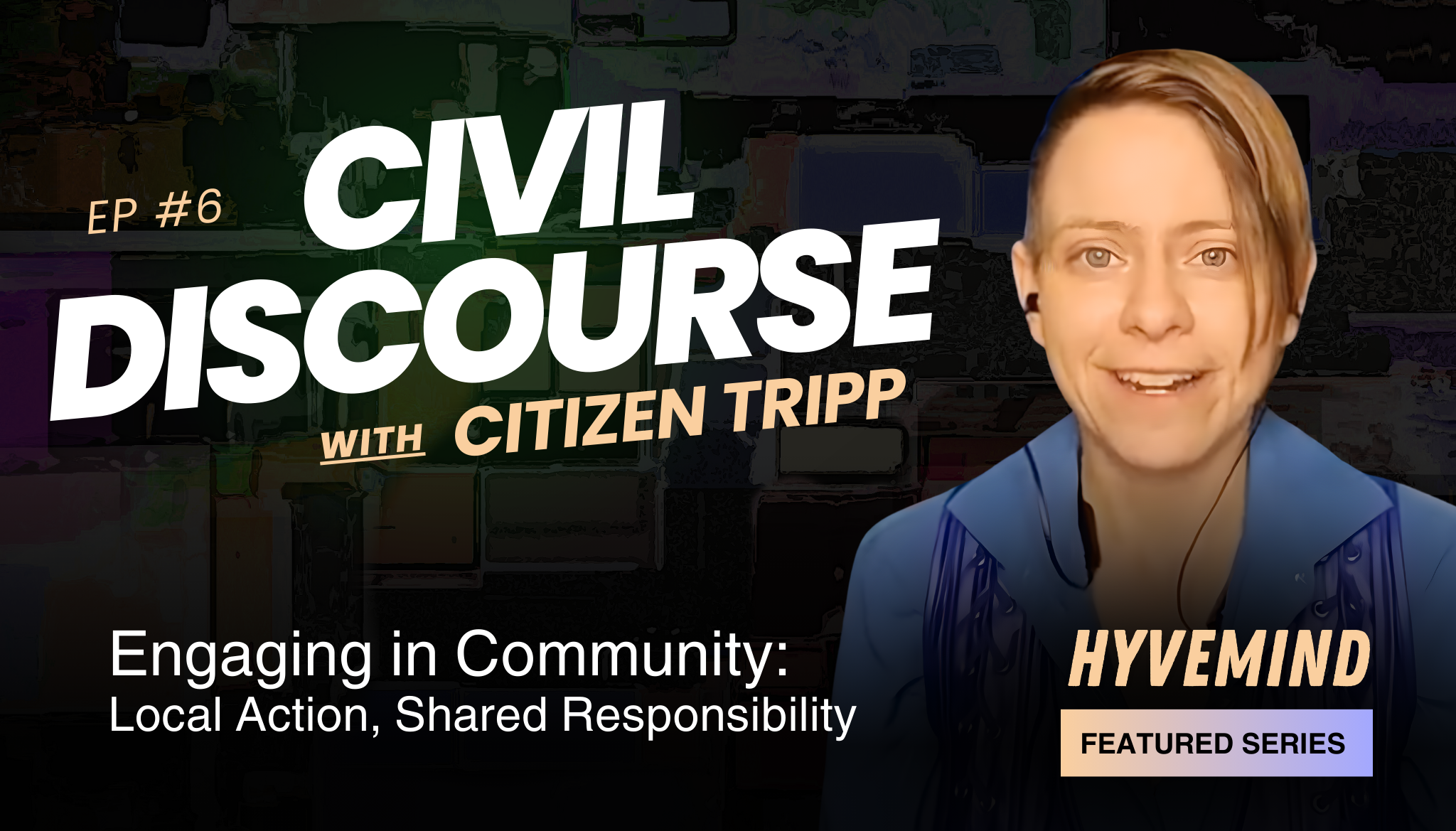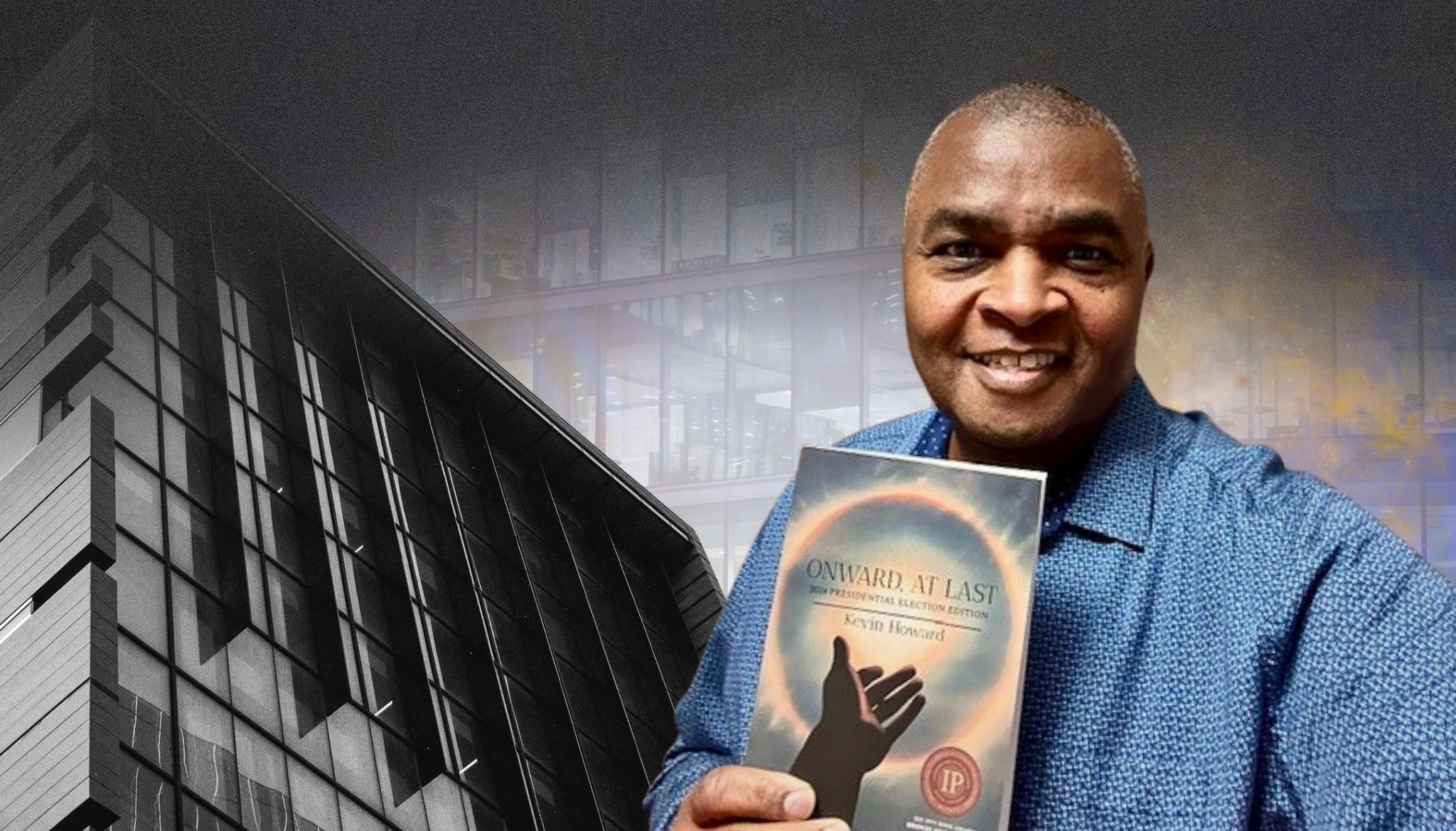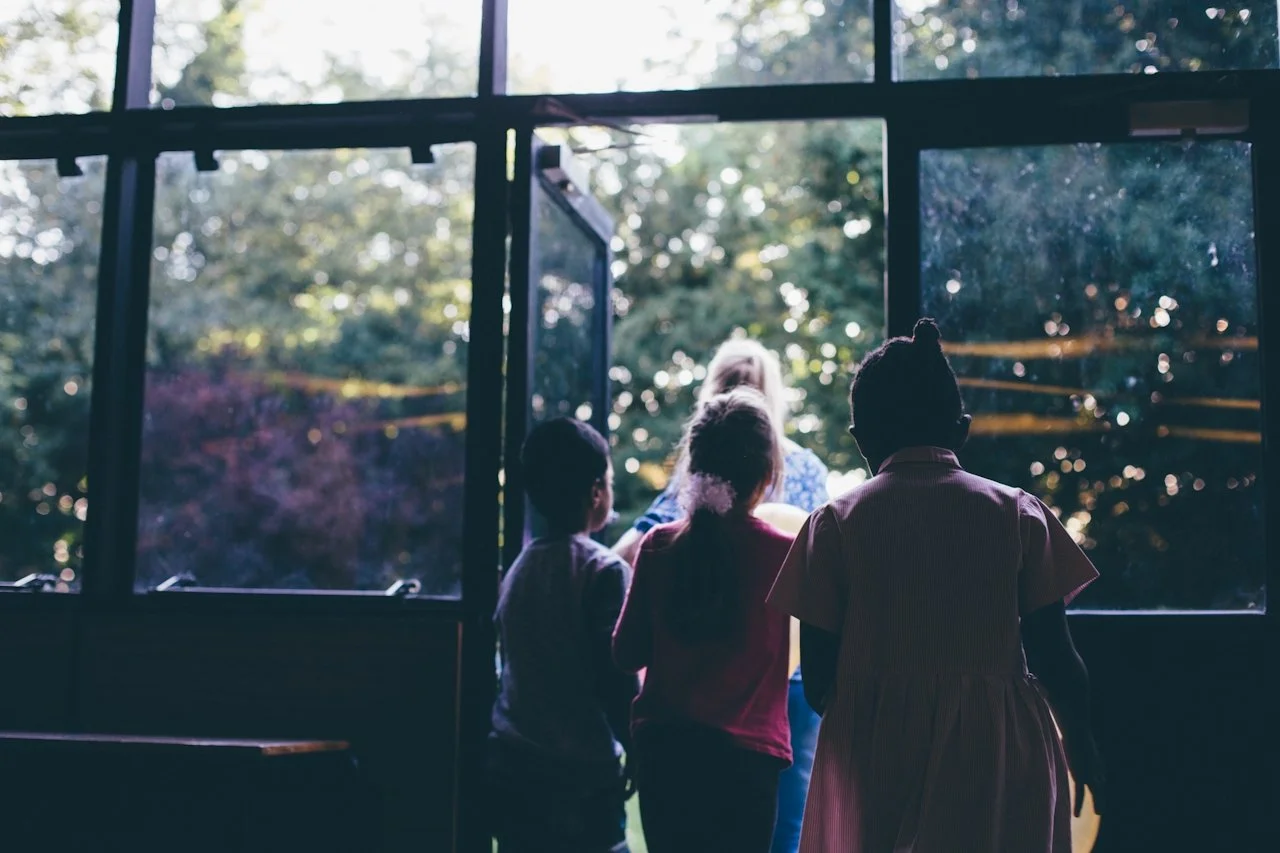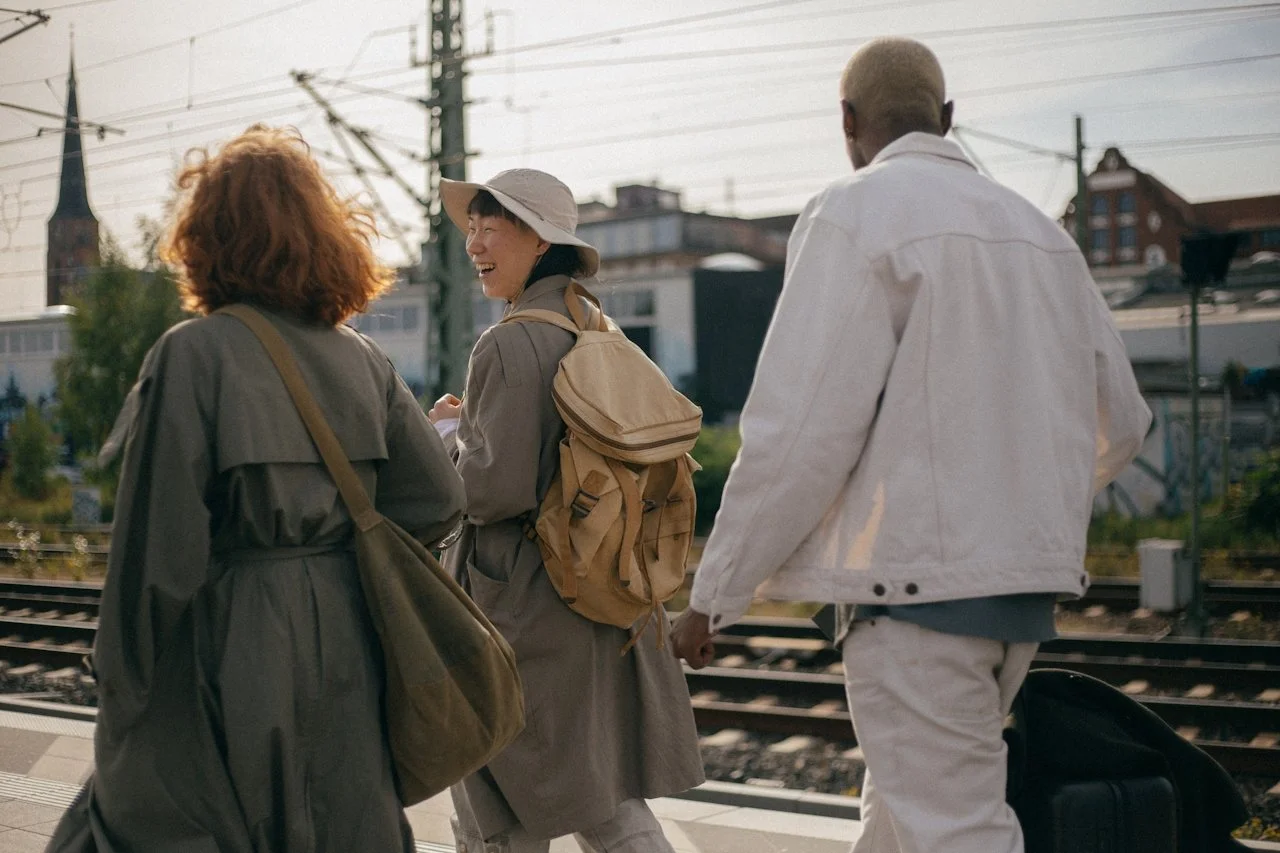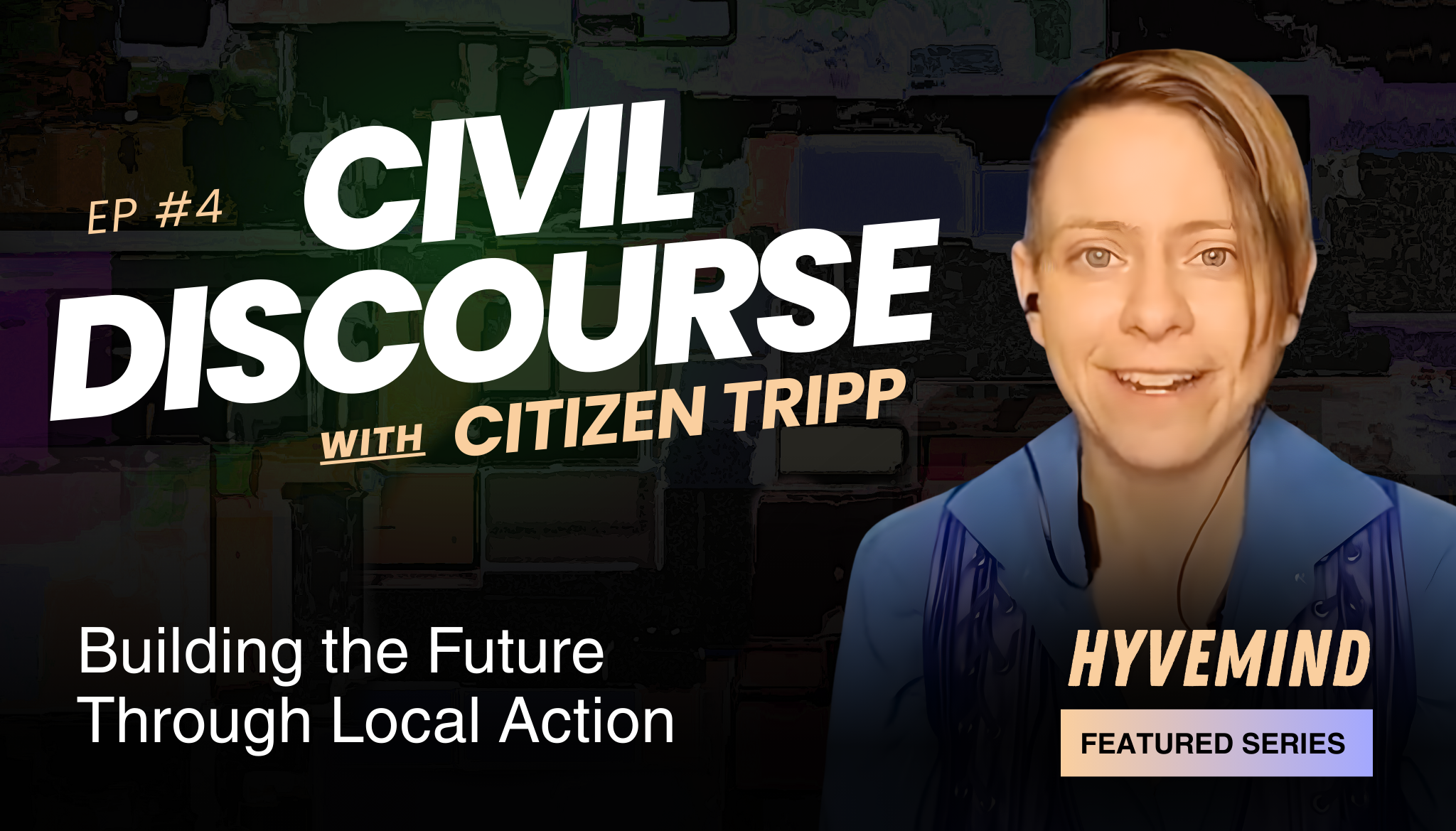Why Do We Not All Cry for the Children of Gaza? When Empathy Is Bound by Borders
Thousand pairs of shoes are placed during an event in Rotterdam to draw attention on the Palestinian children killed in Gaza
A man in Gaza recently recorded his own death. His name was Mohammad Ziyad Abu Taha. In his final moments, he offered his last breath as testimony “O Lord, take me while You're pleased with me.” His face was bloodied. His voice strained. And then he was gone.
The footage was shared widely. Some watched. Many scrolled past.
It was not an anomaly. Gaza is full of these moments now: livestreamed suffering, recorded last breaths and videos of children whose quick deaths under airstrikes are, in some cruel calculus, more merciful than the slow violence of starvation.
In the 656 days since Israel launched its military campaign in Gaza, more than 61,800 Palestinians have been killed, the vast majority of them women and children. At least 111 have died from hunger, though the actual figure is likely much higher. According to the United Nations, the entire population of Gaza is at risk of famine.
Ross Smith, the U.N. World Food Program’s director for emergencies, told reporters on Monday, July 21, that nearly 100,000 women and children are suffering from severe acute malnutrition, and a third of Gaza's population is going without food for multiple days in a row.
More than 100 humanitarian organizations—including Amnesty International, Oxfam and Doctors Without Borders—have issued urgent calls to end Israel’s total siege.
The Israeli government, with continued military and diplomatic backing from the United States and several EU nations, has not only blocked food and medical aid but targeted aid workers and convoys. More than 1,000 Palestinians have died while seeking aid in just the last two months alone. These are not accidental casualties.
And the toll is generational. More than 39,000 children in Gaza have been orphaned. Tens of thousands now live with amputations, burns and shrapnel wounds. Most are not in school. Most are dealing with trauma that will live in their bodies long after this war ends—if they live long enough to carry it.
Trauma, after all, doesn’t end when the airstrikes do. It embeds itself in the nervous system. It alters the brain. It reshapes culture, kinship and time itself.
I came of age in Doha, Qatar, after moving to the region during the height of the Iraq War. There was no war on our streets but I sat in classrooms with kids who were living through one. Friends whose cousins had been killed in Iraq, whose aunts had fled bombed-out villages in Afghanistan, who watched satellite news like it was a threat to their family tree. Because it was.
Their grief cracked open my small American worldview. At 14, I was no longer just reading about the “War on Terror.”
I was listening to its consequences during lunch break. It’s where I learned to connect systems to suffering, to ask who profits and who is punished? That awareness followed me into adulthood. Maybe that’s why Gaza feels like it lives under my skin.
Maybe it’s because I’m a mother. Because every time I see a video of a starving, maimed or deceased child, I see my own child’s body there. I hear the screams of mothers who will never again hold their sons or daughters. There is no word for that sound, but I feel it deep in my bones. I carry that sound like a phantom limb.
Maybe it’s because I was raised on stories of Auschwitz and Anne Frank. Because I have walked the grounds of Manzanar, one of the internment camps where Japanese Americans were imprisoned during World War II. Because I’ve visited Natchez, Mississippi and stood beneath the same trees that once held the weight of Black bodies.
Because I’ve breathed our air, drank our water and wept the same salty tears. Because I know what historical violence looks like. Because I know when it's happening again.
So I ask again: Why do we not all cry for the children of Gaza?
To call these children “casualties of war” is to miss the point entirely. Gaza is not a battlefield. It is a densely populated refugee zone cut off from the world by air, land and sea.
And the violence it suffers is systemic.
It’s what happens when colonial legacies, military-industrial profit, racial dehumanization and geopolitical convenience all intersect. Every bomb dropped can be traced back to a supply chain. Every sanction lifted or enforced is a deliberate policy choice.
The United States sends Israel over $3.8 billion in military aid each year. American-made bombs level schools, hospitals and refugee shelters. Meanwhile, Western media flattens the story into false equivalency—“clashes,” “conflict,” “complicated”—as if shooting, maiming and starving children is a two-sided issue.
This intentional, structural system of violence extends beyond borders. It shapes who we grieve. Who we humanize. Who we believe deserves to live. And with that, there comes a cost for all of us, a hollowing out of something essential within ourselves.
There is a cost to becoming desensitized to daily death counts. There is a cost to letting live-streamed starvation become ambient noise. There is a cost to teaching our children that empathy has limits, and those limits are racial, political and geographic. There is no moral high ground in apathy. There is only a future in which the rest of us must live with what we allowed to happen.
The truth is, for me, and for many of us watching from afar, we aren’t untouched. We are grieving, too. We are crying in the car, in the shower and during bed time stories. We are waking up to images we can’t unsee and wondering what kind of world we are raising our children into. Some of us are organizing. Some are writing. Some are praying. Some are quietly shattering.
But unlike the people of Gaza, we are not trapped by siege, starvation or silence; which means we are not without responsibility. We can speak out. We can demand that our elected officials act. We can refuse silence. We can resist the erasure. We can call things for what they are. We can tell the truth, even when it is inconvenient, even when it’s scary, even when it breaks us to bits.
Because if we lose our capacity to cry for the children of Gaza, we lose something essential about what it means to be human.
And I refuse to lose that. Not now. Not ever.



